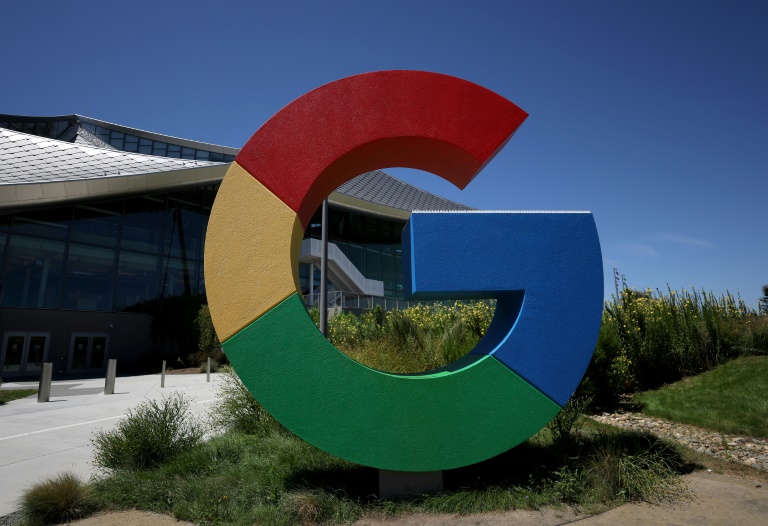RIYADH: Investment in infrastructure is pivotal in fostering sustainable development and facilitating the evolution of smart cities, the deputy minister of environment, water and agriculture has said.
Mansour Al-Mushaiti was speaking during “Shaping the Future: Collaborative Infrastructure Initiatives for Saudi Arabia,” a panel discussion at the Saudi Infrastructure Summit and Exhibition.
Panelists discussed the importance of taking practical steps and working together with government entities, along with the importance of overcoming obstacles in infrastructure development. They also emphasized the need for transparency and accountability to build trust with stakeholders.
“Protecting the environment is a significant challenge in agricultural and food advancement, and sustainable development is crucial for economic growth,” Al-Mushaiti said.
The biggest challenge, he added, was the high cost of infrastructure and lengthy construction: “The environmental burden in the municipalities and waste management system amounts to about SR7 billion (USD1.8 billion), which can be converted into revenues by 2035 through sustainable management, reducing consumption, and rationalization.
“The Kingdom’s Vision 2030 contributes to enhancing the sustainability of infrastructure through the implementation of a unified government framework to maximize assets in environmental, social, and economic domains.”
This includes technological innovations which contribute to providing job opportunities, improving the urban landscape and achieving spending efficiency.
“Applying sustainable resource management in the environment, water and agriculture system enabled us to benefit from the use of seawater, after which it is returned to nature,” added Al-Mushaiti.
The Saudi Infrastructure Summit is organized in collaboration with the Riyadh Infrastructure Project Center to improve project efficiency, increase spending effectiveness, and improve the overall quality of life in the Kingdom.
Meanwhile, experts also discussed the crucial role of infrastructure management in smart city operations, emphasizing the use of new technologies like intelligent transportation systems and data analytics to optimize resource allocation and public safety.
Head of Smart Cities at the Eastern Province Municipality Mohammed Binhijna said infrastructure management would be essential for efficient operation. The integration of new technologies in transportation would enable cities to enhance traffic management, minimize congestion, and boost effectiveness.
He shared his insight during a session called “Smart City Operations: Challenges, Opportunities, and Best Practices” at the Smart Cities Saudi Expo, held alongside the Saudi Infrastructure Expo and Global Water Expo.
“Furthermore, data analysis serves as a valuable tool for optimizing resource distribution and operational efficiency within urban areas,” Binhijna added. As an example, he explained that data analysis meant cities could pinpoint areas with higher crime rates and allocate resources accordingly, enhancing public safety.
“Citizen engagement is essential for successful Smart Cities, with online platforms for reporting issues and participating in decision-making processes,” said Binhijna.
Abdulrahman Al-Bati, smart city solutions manager at Misk City, highlighted the importance of key performance indicators in measuring a city’s sustainability, including energy management and air pollution reduction.
He explained that KPIs used by cities covered four main areas — health and safety, mobility, data availability, and governance.
Energy management was a significant KPI, he said, with smart street lighting reducing operational costs by 10 percent annually. Air pollution reduction was also a crucial global indicator for sustainable city development.
Fabian Sowieja, technical director of International IoT Communication Technologies at Arrowfinch Technologies, said public-private partnerships were essential for successful smart cities, with a focus on managing different stakeholders.
“Public-private partnerships play a crucial role in this context, with collaborative navigation representing a fundamental principle of smart city development,” he said, adding the key to a thriving smart city lay in efficient management across diverse stakeholders.







